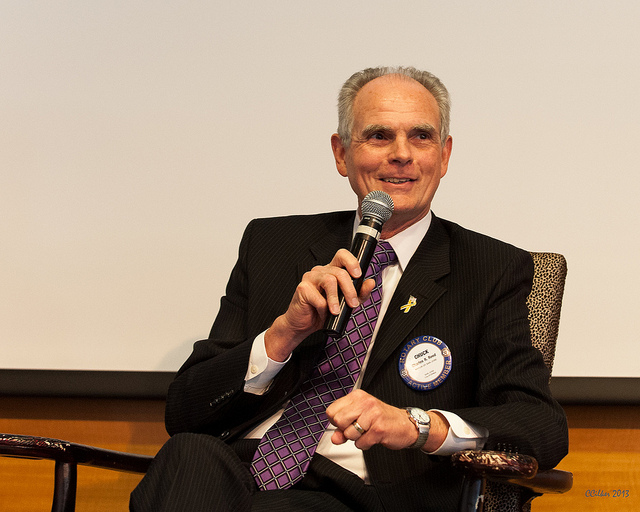Chuck Reed won’t be the mayor of San Jose much longer. But even as he leaves office, Reed doesn’t plan on leaving politics behind. The outgoing mayor says he will continue raising money and campaigning for pension reform in California.
His ultimate goal is to get a state-wide pension reform measure on the 2016 ballot.
From Fox & Hounds:
“For me, it’s unfinished business,” says Reed, the outgoing mayor of San Jose, California. “I’m stubborn, persistent, whatever you want to call it.”
He’s talking about his plans for a statewide pension reform initiative in 2016; the $25 million is the cost of taking the message to the streets. While some observers may have thought he’d abandoned reform after his abortive 2014 attempt, Reed says he’s just getting warmed up.
“The fight will continue,” he says. “I’m going to work on fiscal reform issues, on the state and national level.”
For Reed, it’s personal.
“The problem is still threatening my city,” he says. “Retirement costs continue to go up, and this year the costs ate up all my revenue.”
And this was after voters in San Jose passed pension reform.
[…]
“The legislature is not going to take action,” he says. “So the best approach is working at the local level to create political momentum with a statewide initiative, allowing voters to go over the head of the legislature.”
Details are sparse on what Reed’s initiative would look like, in part because he is still figuring it out himself. But he offered some details to Fox & Hounds:
[Reed] says the main thrust will be to give state and local governments authority to alter future pension formulas for current employees.
“The retirees are the last people who should be impacted because they’re already retired,” he says. “That’s why I focus on current employees, because they still have the capacity to earn. The younger employees understand that it’s something that’s not sustainable, and they are the ones who are going to get hurt.”
The next mayor of San Jose will be Sam Liccardo. He starts Jan. 1.
Photo by San Jose Rotary via Flickr CC License







